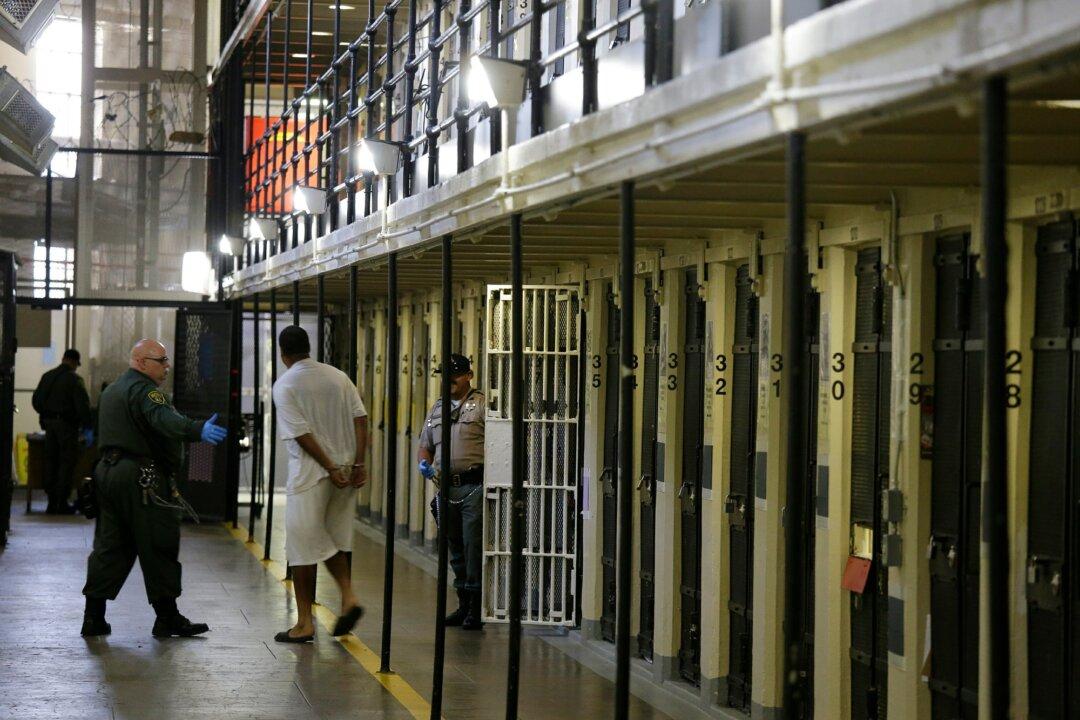The story is without a happy ending for most prisoners sitting on death row in the United States. But the fact remains that most of the 2,450 men and women awaiting execution committed brutal crimes.
Some feel remorse, while others do not. The victims’ families demand closure, but the gears of justice grind slowly. The months drag on into years and even decades before all appeals are exhausted.





